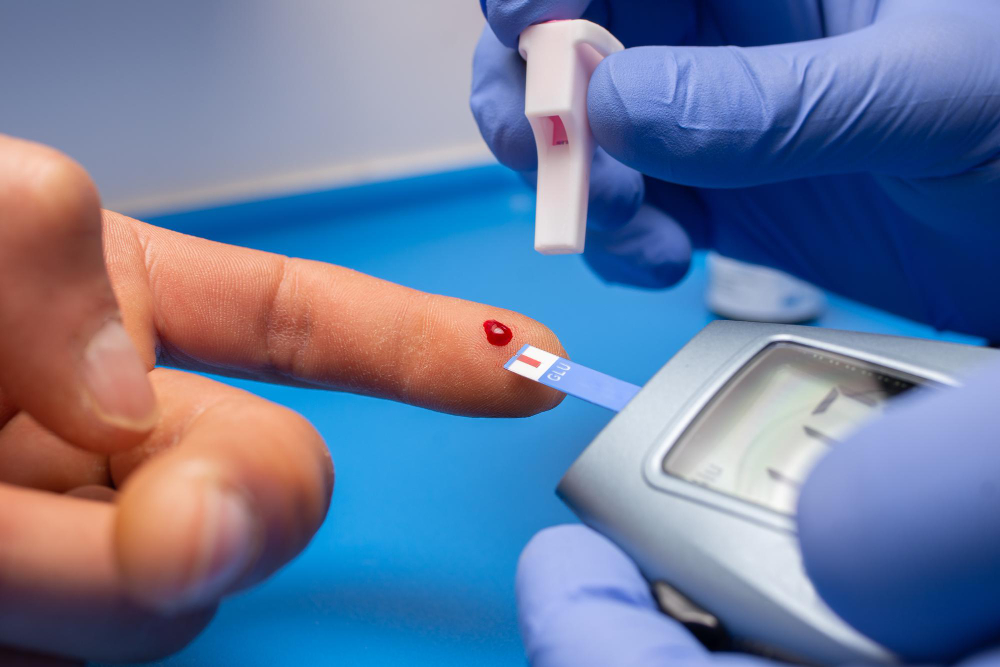Diabetes & Endocrinology

Diabetes and endocrinology encompass a vital branch of medicine focusing on the endocrine system, which includes glands that produce hormones regulating essential body functions. Diabetes is one of the most common endocrine disorders, characterized by chronic high blood sugar levels due to insulin imbalance. Endocrinologists are specialists who diagnose and treat hormonal imbalances and disorders, including diabetes, thyroid diseases, and metabolic disorders.
Types of Diabetes include Type 1, Type 2, and gestational diabetes. Type 1 diabetes is an autoimmune condition where the body attacks insulin-producing cells in the pancreas, requiring lifelong insulin therapy. Type 2 diabetes, the most common form, occurs when the body becomes resistant to insulin or doesn’t produce enough of it. Gestational diabetes develops during pregnancy and usually resolves after childbirth, but it increases the risk of developing Type 2 diabetes later in life.
Symptoms and Diagnosis of diabetes include frequent urination, excessive thirst, unexplained weight loss, and fatigue. Blood tests such as fasting blood glucose, HbA1c, and oral glucose tolerance tests are used to diagnose diabetes. Early detection is crucial for effective management and to prevent complications.
Management and Treatment of diabetes involve lifestyle changes, medication, and regular monitoring. For Type 1 diabetes, insulin therapy is essential. Type 2 diabetes management focuses on healthy eating, regular physical activity, weight loss, and medications or insulin if necessary. Continuous glucose monitoring and regular check-ups with an endocrinologist help in maintaining optimal blood sugar levels.
Endocrine Disorders other than diabetes include thyroid diseases (hyperthyroidism and hypothyroidism), adrenal disorders, and osteoporosis. These conditions result from hormonal imbalances that can affect metabolism, growth, and energy levels. Endocrinologists use various diagnostic tools and treatments, including hormone replacement therapies and medications, to manage these disorders effectively.
Prevention and Lifestyle Tips for diabetes and other endocrine disorders include maintaining a balanced diet rich in fruits, vegetables, whole grains, and lean proteins. Regular exercise, adequate sleep, and stress management are also crucial. Avoiding tobacco and limiting alcohol intake can further reduce risk.
Understanding diabetes and endocrinology is key to managing these conditions effectively. Regular consultations with healthcare providers, adhering to treatment plans, and making healthy lifestyle choices can lead to better health outcomes and improved quality of life.
